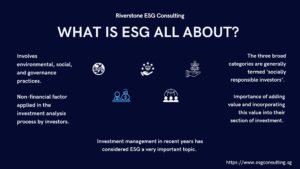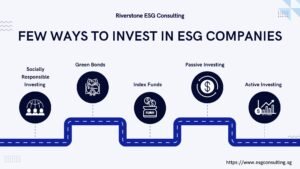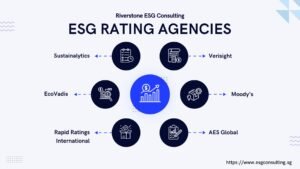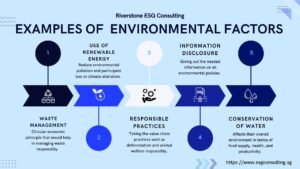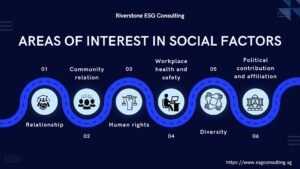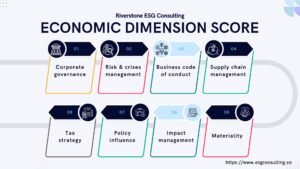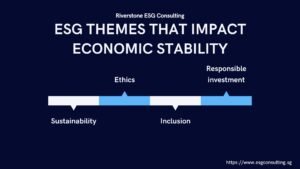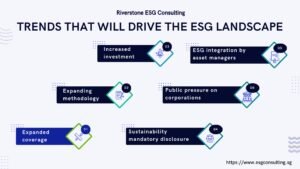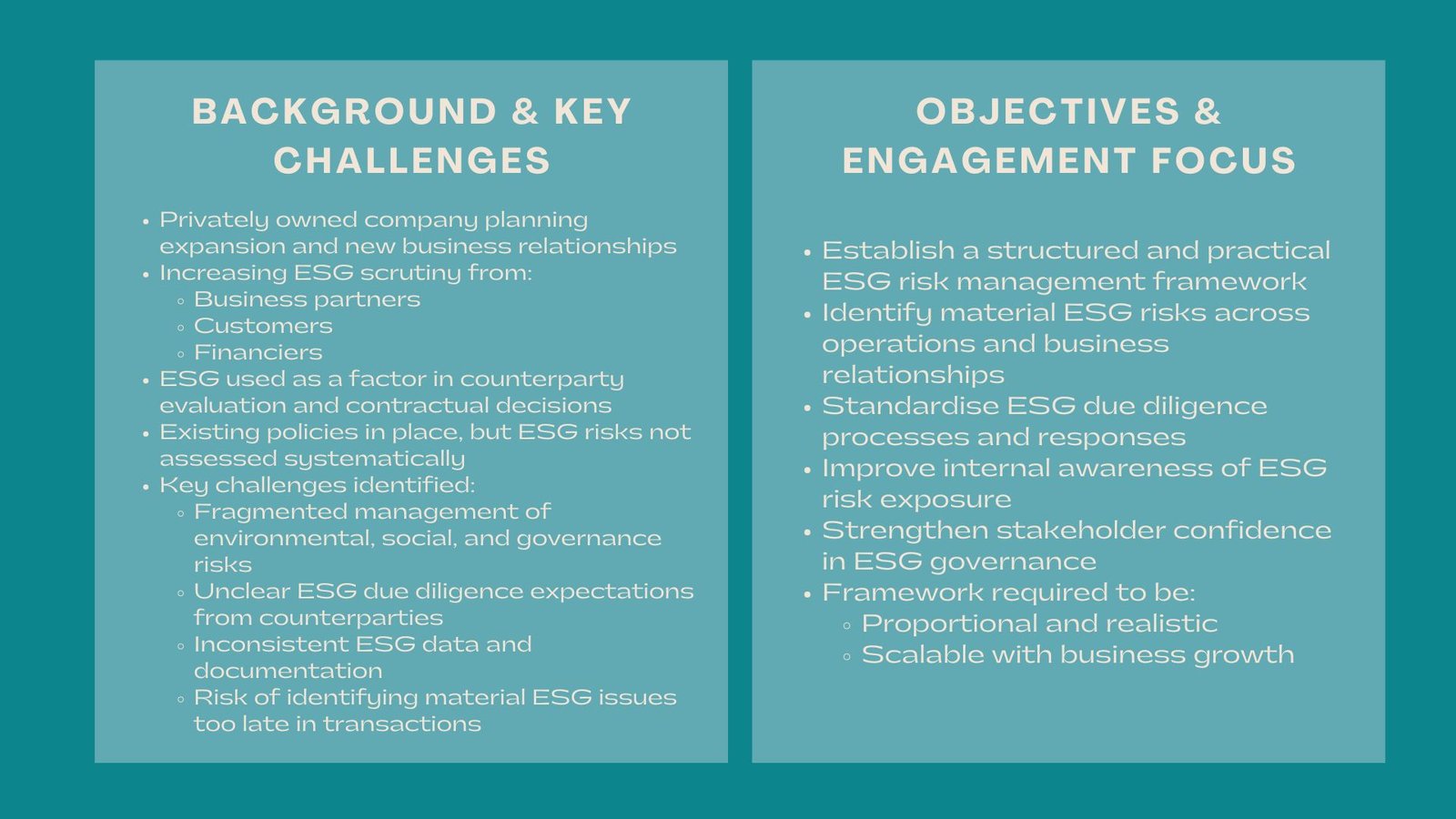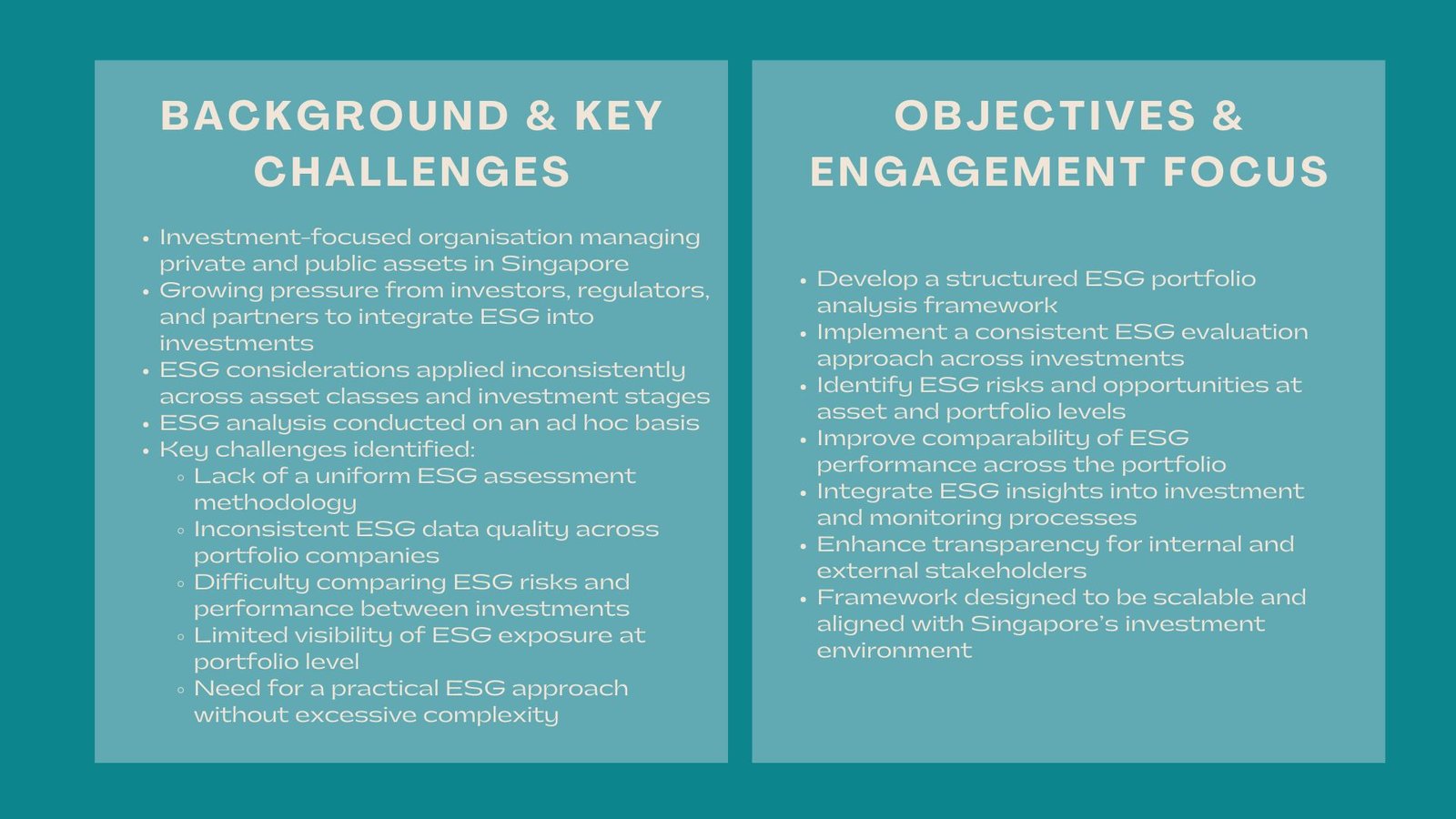OJK Regulation No.51/POJK.03/2017 on Sustainable Finance
Introduction to OJK Sustainable Finance Regulation Training Indonesia
The financial sector of Indonesia is passing through a transformational stage with sustainability being a priority in the country. As the world recognises the dangers of climate change, the threat of environmental degradation, and the need to ensure social inclusion, the Indonesian government, via its financial regulator, Otoritas Jasa Keuangan (OJK), has decided to have a gradual transition of responsible finance.
OJK Regulation No.51/POJK.03/2017 on Sustainable Finance is the key to this transformation, as a holistic policy incorporating the notions of sustainability into the banking and capital market, as well as the non-bank financial sectors. This rule is not merely a regulatory measure but rather a strategic plan that will steer financial institutions to sustainable development, risk resilience as well as competitiveness in the long term.
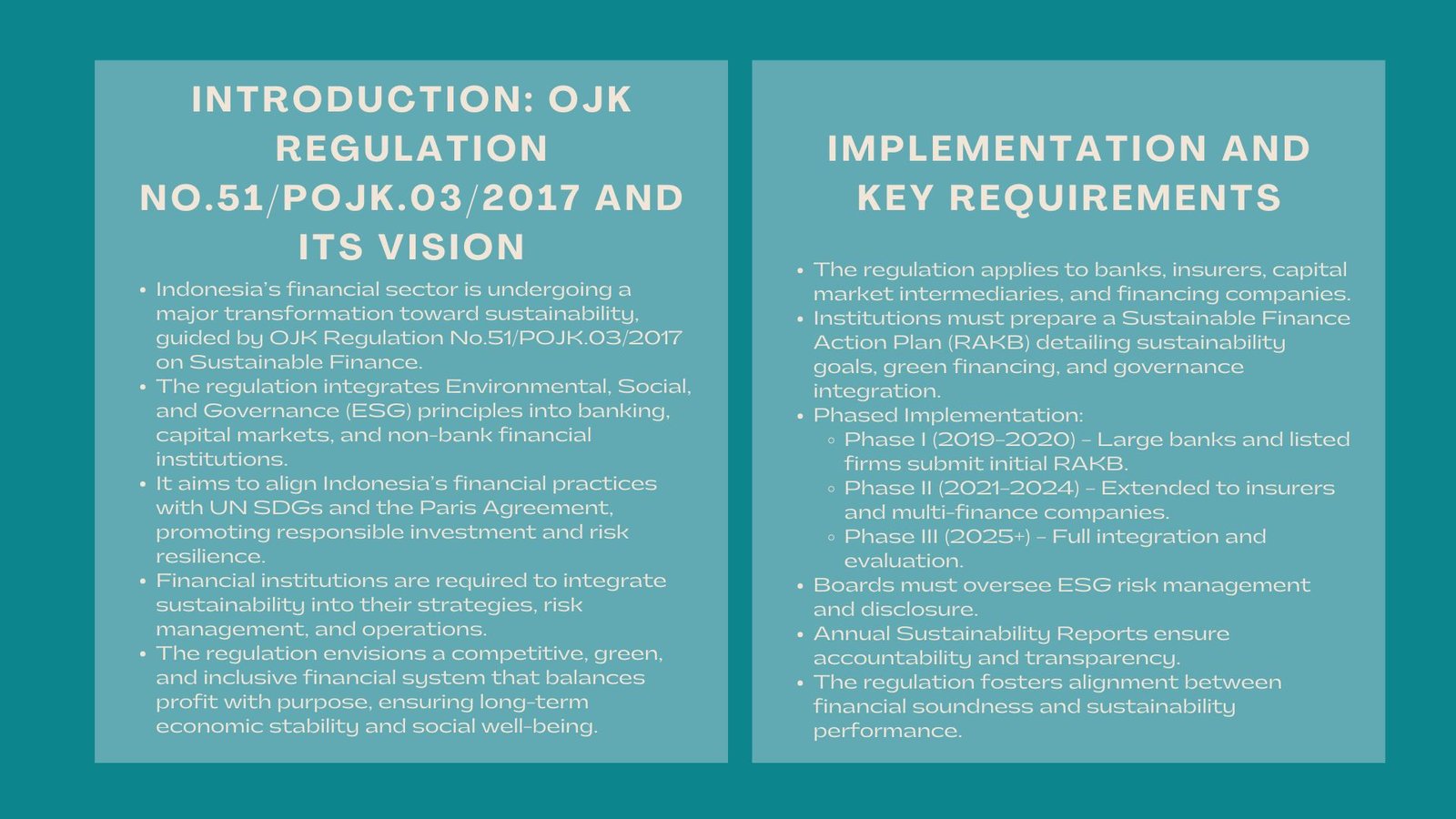
The Vision of Sustainable Finance Framework at OJK.
The regulation of OJK was the result of the increasing understanding that the financial system should be more active in terms of the environment and social issues. Indonesia being an economy that was growing fast and had a lot of exposure to climatic risks like flooding, deforestation and carbon emissions required a prospective regulation strategy that would compel banks and investors allocate their capital in a responsible manner.
The OJK sustainable finance regulation and ESG compliance framework in Indonesia establishes a clear foundation for integrating environmental, social, and governance (ESG) principles into financial decision-making. It mandates financial institutions to integrate the sustainability risks in their policies, strategies and operational procedures and promote the investments in green and inclusive sectors.
This regulatory change is in line with international efforts, including the UN Sustainable Development Goals (SDGs) and the Paris Agreement, in that the financial sector can and will play a key role in making Indonesia transition to sustainable economic development.
Critical Aims of OJK Reg. No.51/POJK.03/2017.
The sustainable finance regulation of OJK attempts to attain a number of important goals that would strike a balance between financial development and the sustainability needs:
- Incorporating ESG principles in business procedures – Financial institutions must ensure that they incorporate sustainability risks in lending, underwriting, and investment activities.
- Responsible financing – The regulation will encourage credit and investment to be made in environmentally friendly, low-carbon, socially inclusive projects.
- Improving disclosure and transparency – Institutions should also present their sustainability performance yearly and be accountable and show improvement.
- Capacity and awareness building – OJK promotes training and education so that financial professionals can be aware of sustainable finance principles.
- In line with the national sustainable development agenda – The regulation will fit the financial sector with the pledging of Indonesia in respect to climate resilience and green growth.
By incorporating these goals into the very fabric of the financial governance, OJK makes sure that the concept of sustainability is not only an addition, but a defining part of the risk management and the creation of value in business.
Applicability of the Regulation.
The OJK Regulation no.51/ POJK.03/ 2017 is applicable to a large variety of financial institutions such as:
- Commercial and rural banks
- Insurance companies
- Financing companies
- Capital market intermediaries.
- Non-bank financial institutions Pension funds.
All institutions must produce a Sustainable Finance Action Plan (Rencana Aksi Keuangan Berkelanjutan or RAKB) that defines their approach towards incorporating sustainability into their governance and operations as well as their portfolio.
The board of directors has to approve these action plans and hand them to OJK to be evaluated. The strategies usually include sustainable product development plans, frameworks of risk assessment, green financing programs, and capacity building programs.
Implementation of the Regulation: A Phased Approach
The implementation of OJK Regulation No.51/POJK.03/2017 for financial institutions in Indonesia follows a phased timeline to allow institutions to adjust to the new sustainability standards.
- Phase 1 (2019-2020): Massive commercial banks and publicly listed institutions had to prepare and file their initial RAKB.
- Phase II (2021-2024): The regulation was gradually integrated into the work of broader financial institutions, insurance companies and multifinance ones.
- Phase 3 (2025 and further away): Implementation and evaluation When graduation occurs in full, the integration of sustainability start being a mandatory element of the supervisory assessment.
Such gradual implementation is indicative of the practicability of OJK – a balance between ambition in the regulations and the preparedness of industries. It makes the shift to sustainable finance not only plausible but also realistic as well.
The ESG Risk Integration and Governance.
The central point of the regulation is the need to ensure that financial institutions are integrated into their governance system in the sense that they include ESG risks. This implies that boards and top management should assume the responsibility of managing sustainability strategies, where risk management frameworks put into consideration the environment and social aspects.
As an example, banks are supposed to determine the effects of loaning on the environment, the exposure to high-emitting sectors and develop mitigation measures. Likewise, underwriting risks related to climate should be considered by insurance companies, and investors are encouraged to consider long-term trends in ESG when determining their portfolio.
Through integrating the ESG oversight into the governance, OJK will guarantee the establishment of the culture of accountability and future-oriented decision-making that would allow making the profitability and sustainability mutually supportive.
Sustainable Finance Action Plans (RAKB): Moving towards Accountability.
One of the most innovative points of the regulation of OJK is the RAKB. It changes the sustainability as an abstract objective into a quantifiable action plan. The RAKBs need to have particular initiatives, timelines, and performance measures, which should address the following areas:
- Green lending and investment objectives.
- Social inclusion programs (e.g., providing the financially underserved groups access to financial services)
- Sustainable financial product development.
- Employee and management training.
- Alliances with government/ international sustainability programs
It is mandatory that the institutions track the progress after every year and provide the achievements in the form of a Sustainability Report to OJK. This process can provide transparency and enables the regulators to monitor the progress achieved by the nation in achieving sustainable finance objectives.
Obstacles during Implementation.
The adoption of sustainable finance framework as developed by OJK is experiencing a number of issues:
- Data and measurement gaps: Lots of institutions find it difficult to obtain quality ESG data to be able to measure impact.
- Capacity constraints: Smaller organisations are not necessarily technologically savvy to design and execute detailed sustainability plans.
- Incongruent perception of ESG risks: Although financial leaders have become more aware of ESG risks, they continue to see them as a liability and not as a business opportunity.
- Weak green investment pipelines: There are still some sectors where there are not enough bankable sustainable projects.
OJK is still working in partnership with the industry associations, multilateral institutions and academia to overcome these barriers by creating technical capacity, devising standardized measures and raising awareness.
Conformity to Global Sustainable Finance Standards.
The OJK regulation is in line with the international standards like Equator Principles, UN Principles of Responsible Banking (PRB), and Task Force on Climate-related Financial Disclosures (TCFD). This congruence will make sure that Indonesian financial institutes will continue to be competitive in the international markets and appealing to foreign investors who want to find sustainable investment locations.
Moreover, OJK’s initiative complements other regional efforts, such as the ASEAN Taxonomy for Sustainable Finance, promoting consistency and harmonization across Southeast Asia.
Good Changes and Strengths.
The sustainability of the financial regulation of sustainability is currently being reflected in the financial sector of Indonesia. Renewable energy, sustainable agriculture and social infrastructure are some of the sectors that many banks are allocating more. Asset management companies and insurance companies are launching green products and impact funds that are meant to finance climate solutions.
These schemes will in the long-term bolster Indonesian resilience to environmental shocks, draw international sustainable capital and increase access to low-cost financing to green innovation.
The Road Ahead
With the global financial environment still characterized by sustainability, the regulation of OJK is a visionary approach that will make the country a leader in reporting finance. The second step will probably be more intensive integration, i.e. making sure that ESG measures are incorporated into credit ratings, investment analysis, and regulation oversight.
The continued coordination between the financial sector with OJK, government ministries and the development partners will be critical in ensuring that sustainable finance is no longer a mere regulation expectation but also a catalyst of the national competitiveness and inclusive growth.
Conclusion
OJK Regulation No.51/POJK.03/2017 is not a policy, it is a roadmap of a sustainable financial transformation of Indonesia. Having institutionalized ESG principles throughout the industry, it makes sure that the financial system of the country makes its contribution to environmental protection, social equity, and long-term economic stability.
The regulation will keep creating a financial ecosystem that balances purpose with profit as it is further implemented to create a resilient, inclusive, and sustainable Indonesia in generations to come.

